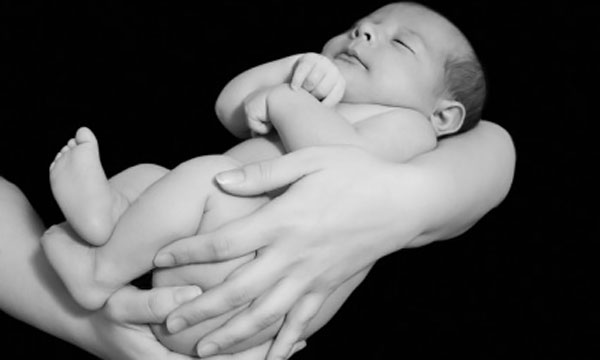
During pregnancy, many physical and psychological changes occur in women. It is important to be attentive to such changes because in the blink of an eye emotions can be triggered, for example, in the morning you can be happy, in the afternoon sad, and in the evening angry.
Research conducted by the Department of Psychiatry and Mental Health at the Faculty of Medicine indicates that it is necessary to pay attention to pregnant women, especially those with a psychiatric history or with a risk factor, as these steps are often very difficult.
Mental illnesses such as depression and anxiety disorders are very common in pregnant women and, in some cases, schizophrenia or bipolar disorder disorder. These diseases usually occur due to a strong hormonal change, however, the most appropriate thing in women with a history of psychological problems is that they continue to be treated.
According to Ingrid Vargas Huicochea, a UNAM specialist, there are many medications that can be taken during pregnancy. It is therefore necessary for women to see a doctor to treat themselves and thus treat their illness. He pointed out that the presence of a specialist with him is the healthiest thing, because everything that happens to the mother affects the baby.
“The imbalance also causes a continuous state of pathological stress because it is constant, sustained and intense, which generates the stress substances that reach the baby in the mother's womb. These unwanted levels of neurotransmitters and hormones resemble chemical pumps that affect fetal development,” said the specialist.
It is important to know that regulated drug consumption during pregnancy is possible, however, during breastfeeding it is not, as it would be transmitted more directly to the baby
The specialist claims that postpartum is even more dangerous, because during pregnancy, the body of women is looking for some stability, while in the postpartum period, hormonal production decreases. This change causes several alterations in women.
“A conflict that occurs frequently in the postpartum period is that the vast majority of psychiatric drugs are not compatible with breastfeeding because they are excreted in breast milk. Many women face conflict and pressure from their husbands or families to breastfeed, even if that means giving up treatment,” said Ingrid Vargas.
The condition called “postpartum blues” is very common in women who are at this stage, because they are more sensitive in their mood. This situation can last for about a week, but it is important to have peace of mind.
It is important for women to know how to differentiate “postpartum blues” from postpartum depression, as these are very different situations. Postpartum depression is, as the name suggests, a state of depression in which any activity is impossible to carry out.
Symptoms of this condition are a bad mood, difficulty in making decisions, thoughts of guilt and inability.

“It is very difficult for many of them to seek help from a specialist, largely because social pressure prevails over the fact that motherhood is the happiest time. of a woman's life. For the same reason, those who experience it differently tend to be the target of criticism; they repress themselves and experience this pain and suffering alone,” Huicochea said.
It is important for women to be aware of these symptoms. It is important and necessary to take care of mental health, especially when a woman has a history or is more likely to have a mental illness, as it can worsen during pregnancy.
KEEP READING
.
Últimas Noticias
Debanhi Escobar: they secured the motel where she was found lifeless in a cistern
Members of the Specialized Prosecutor's Office in Nuevo León secured the Nueva Castilla Motel as part of the investigations into the case

The oldest person in the world died at the age of 119
Kane Tanaka lived in Japan. She was born six months earlier than George Orwell, the same year that the Wright brothers first flew, and Marie Curie became the first woman to win a Nobel Prize

Macabre find in CDMX: they left a body bagged and tied in a taxi
The body was left in the back seats of the car. It was covered with black bags and tied with industrial tape
The eagles of America will face Manchester City in a duel of legends. Here are the details
The top Mexican football champion will play a match with Pep Guardiola's squad in the Lone Star Cup

Why is it good to bring dogs out to know the world when they are puppies
A so-called protection against the spread of diseases threatens the integral development of dogs




